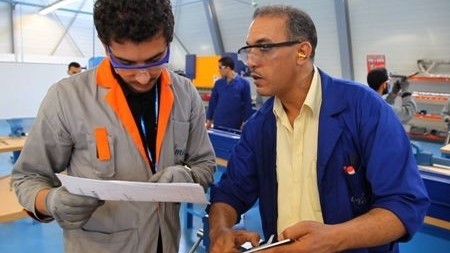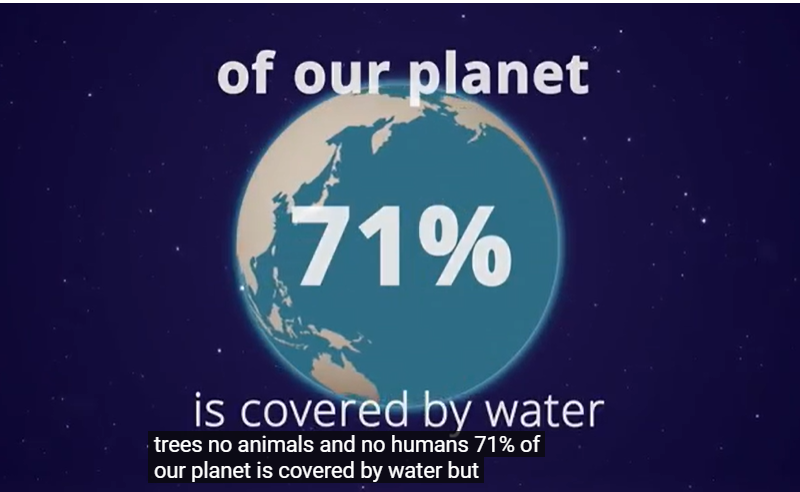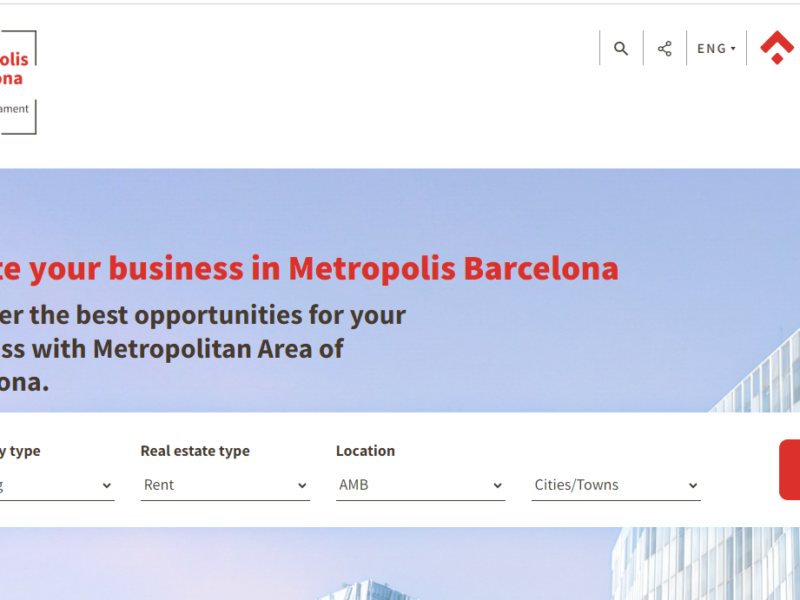ECONOMIC DEVELOPMENT
In Tanger, skills for everybody

Short description
In the framework of a productive cooperation between the State Secretariat for Vocational Training of Morocco and the European Union “The Kafaat Liljamia Project”, was launched in August 2017. It is supported by the Department of Moroccan Vocational Training (DFP), funded by European Union as part of its Support Program for Vocational Training for the development of human capital in Morocco and started up by the British Council and the Spanish Agency for International Cooperation for Development (AECID).
Tags: Employment, Citizen Participation, Social Cohesion
Challenges addressed
- Promote local economy and entrepreneurship
- Promote public and private sector
- Youth unemployment
- Citizen’s empowerment
Main objectives
- Support the development of a governance model for the regional labour market training system
- Promote a regional governance to address youth unemployment issue
Facts
Project type Economy and Employment
Promoter European Union, British Council and Secretary of
. Professional Education in partnership with the
. Spanish Agency for International Cooperation
Start date 2017
Budget 2,4 million euros
Project description
The Kafaat Liljamia Project was launched in 2017 with the main aim of supporting the development of a governance model for the regional labour market training system. It is remarkable the fact that 40% of Tanger’s population (974.000 inhabitants) is under 20 years old; it is a pretty “young city”, which means youth employment policies are crucial for the future of its citizens.
The model of regional governance envisaged should make it possible to better take into account a double aspiration: the young population, eager to integrate into the active life, and that of the economic sector in search of a qualified workforce and adapted to its needs to ensure sustainable development.
The implementation comprises two main axes:
1) Governance / Coordination axis
Support for coordination between local actors in vocational training, both public and private sector, to better meet the expectations of the labour market, by proposing at the local level a vocational training offer of quality and adapted
Concretely, from Regional Working Groups – GTR, will be organized:
- a conference program aimed at presenting international experiences
- capacity-building sessions for RTG members
- workshops for gathering and exchanging information for the publication of raw and prospective data on the demand for and provision of vocational training at the regional level
- workshops to support the development of a regional plan for vocational training
- study tours and international exchange (UK, Spain)
2) Grant axis
The € 900,000 grant program will support local vocational training or technical skills initiatives aimed at ensuring the inclusion of out-of-work groups.
In parallel and complementary, a grant program will support local initiatives to ensure the inclusion of out-of-work groups, in partnership with RWGs.

Impact and results
- Encourage public participation and involvement
- Public and private coordination
- Youth inclusion
- Improvement of the local economy






